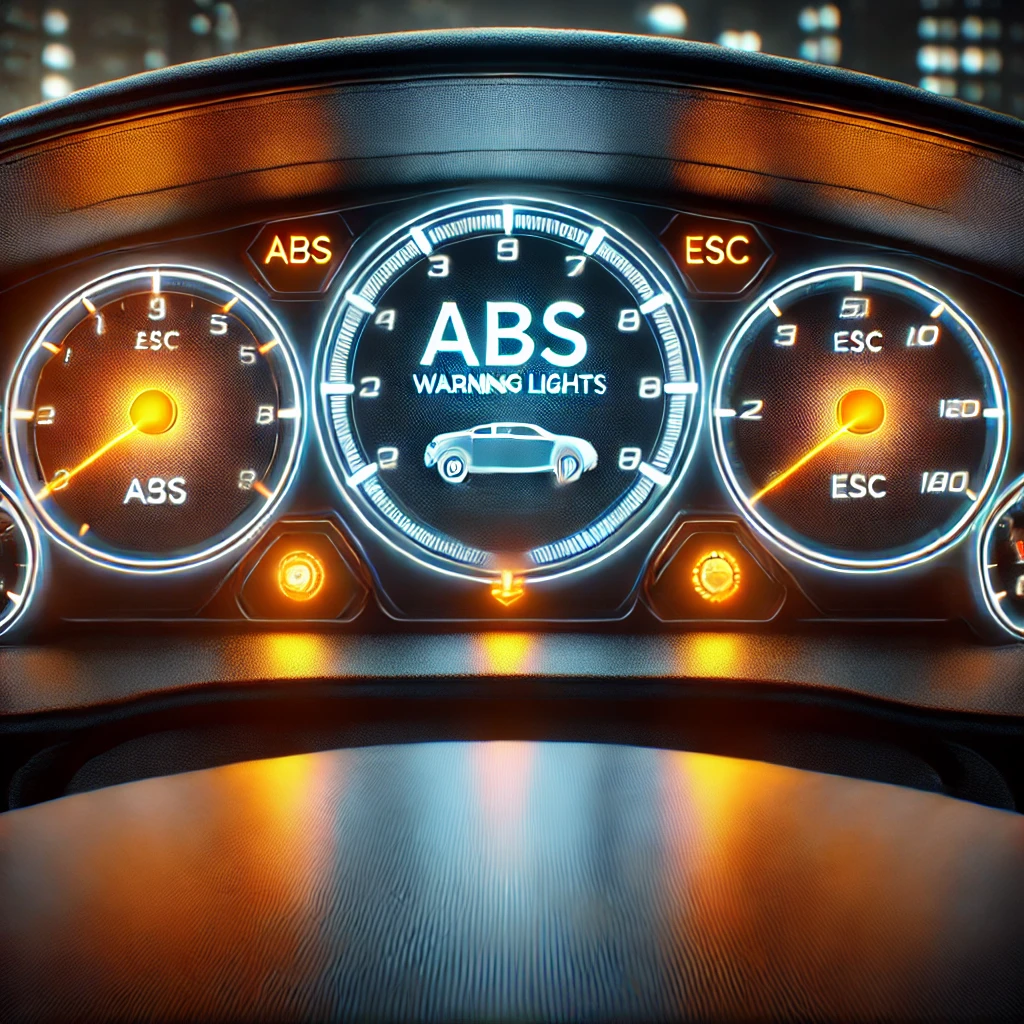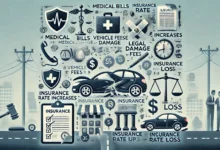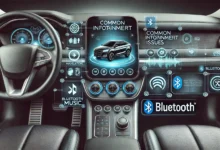Understanding Electronic Brake Control Module Failure Symptoms

Imagine cruising down the highway, your favorite playlist setting the perfect mood. Suddenly, a warning light flickers on your dashboard, disrupting your drive. What could it be? Your mind races, but one critical component you might not immediately consider is the Electronic Brake Control Module (EBCM). Recognizing electronic brake control module failure symptoms is crucial for maintaining your vehicle’s safety and performance. Let’s dive into the nitty-gritty of EBCM failure symptoms, breaking down every aspect in a way that’s both engaging and informative.
What is an Electronic Brake Control Module?
Before we delve into the symptoms, let’s clarify what an EBCM is. The EBCM is essentially the brain behi
Early Warning Signs
Dashboard Warning Lights: One of the first signs of EBCM trouble is the appearance of warning lights on your dashboard. The ABS light or the ESC light might illuminate, signaling that the system has detected a problem. Imagine these lights as the car’s way of sending an SOS—ignoring them could lead to bigger issues down the road.
Erratic Brake Behavior: Picture this: you’re approaching a stop sign, and as you apply the brakes, you notice a pulsating sensation in the pedal. This could be an early symptom of EBCM failure. The module is supposed to regulate brake pressure, but when it’s faulty, you might experience inconsistent braking.
Advanced Symptoms
Increased Stopping Distance: You’re driving on a wet road, and a car suddenly stops in front of you. You slam on the brakes, but your car takes longer than usual to come to a halt. A failing EBCM can compromise your ABS, making it harder to stop quickly in emergency situations.
Loss of Traction Control: Imagine driving up a steep, icy hill. Typically, your
Random Brake Activation: You’re on a smooth drive, and out of nowhere, your brakes activate without any input from you. This unexpected behavior can be both alarming and dangerous, pointing directly to EBCM issues.
Hypothetical Scenario: A Day in the Life
Consider this scenario: Jane, a meticulous driver, consistently maintains her vehicle in excellent condition. One day, she notices the ABS light illuminated on her dashboard. Assuming it’s a minor issue, she continues driving without immediate concern. Over the following weeks, she experiences intermittent brake pulsation and increased stopping distances. Eventually, while navigating a sharp turn on a rainy day, her car skids uncontrollably, narrowly avoiding a collision. Recognizing the seriousness of the situation, Jane promptly takes her car to a mechanic, who diagnoses a failing Electronic Brake Control Module (EBCM).
Addressing the Issue
If you suspect EBCM problems, what should you do? First, never ignore warning lights. They are the vehicle’s way of communicating potential issues. Schedule an inspection with a trusted mechanic who can perform a diagnostic scan to pinpoint the problem.
Professional Diagnosis: A mechanic will use a scan tool to read error codes from your car’s computer. This step is crucial because it confirms whether the issue lies with the EBCM or another component.
Replacement and Costs: If the EBCM is indeed the culprit, replacement is often necessary. The cost can vary depending on your vehicle’s make and model, but it’s a vital investment for your safety. Some might balk at the expense, but consider the alternative—a malfunctioning brake system that could endanger you and others on the road.
Preventative Measures
While EBCM failures aren’t always preventable, regular maintenance can reduce the risk. Ensure your brake system is inspected during routine service appointments. Keeping brake fluid clean and topped up can also help maintain the EBCM’s functionality.
Anecdote: Lessons Learned
I recall a friend, Mark, who drove a high-performance sports car. Despite being diligent with maintenance, he once ignored the ABS warning light. On a rainy night, while returning from a road trip, his brakes malfunctioned, and he skidded off the road. Thankfully, he escaped unharmed, but his car required extensive repairs. Mark’s story is a stark reminder of the importance of addressing EBCM issues promptly.
Conclusion
Understanding the symptoms of electronic brake control module failure can save you from potentially dangerous situations. From dashboard warning lights to erratic brake behavior, recognizing these signs early allows you to take action before a minor issue escalates. Keep your vehicle in check, pay attention to those warning signals, and ensure your brakes are always in top condition. After all, when it comes to safety, it’s always better to be proactive than reactive.












